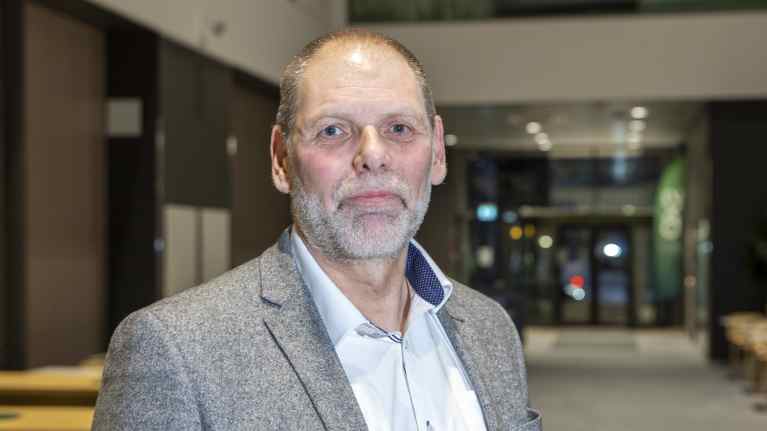The government's framework budget decisions to cut spending and increase taxes to the value of three billion euros will endanger services at the Tax Administration, according to the Administration's Director Markku Heikura.
Waiting times will increase and services for business and citizens will deteriorate.
"If we are to get through this, then the legislation should change, and fast," said Heikura.
In other words: if the government does not remove or reduce the tax administration's legally-mandated duty to provide services, or worsen services, the organisation will not be able to make savings.
"It will come via weakening service provision, which is unfortunate for citizens and businesses and could become evident in, for example, the conditions for doing business," said Heikura.
Tax office payroll already down
In a press statement published with the budget decisions last week, the government stated that the public sector payroll had grown.
At the end of 2023 there were some 81,696 people working for the state, which is around 12 percent more than in 2017. That's where the government wants savings to be made.
Heikura says that these additional employees have been added in policing, military tasks and in social care and services, for example. In the Tax Administration, the workforce has shrunk.
Twenty years ago there were some 6,300 employees at the organisation, and now the number is around 5,000.
"We have reduced headcount every year," said Heikura.
Savings agreed earlier will be implemented, according to Heikura. The government's efficiency drive targets a 500-person reduction for the tax collection agency by 2027. That was and remains possible, according to Heikura.
"That will still have to be done through efficiencies and retirements," said Heikura. "Of course those services could be scaled back. We can't really make things much more efficient."
Yle News looked at the budget spending cuts in this edition of the All Points North podcast. Listen to the episode via this embedded player, on Yle Areena, via Apple, Spotify or wherever you get your podcasts.

Task list clarity needed
Now there is a need for even greater savings.
"Generally the tasks of the state administration are based on legislation, or then tasks that the government sets," said Heikura.
First there should be some consideration of what is required from the state's administrative apparatus. After that, it should be possible to work out where savings can be made — and how much can be saved.
Savings mean a lower level of service. So when saving on costs, it should first be decided which services can end or operate at a lower level.
"Then there is this quite significant thing, that artificial intelligence cannot be used," said Heikura. "It has potential, but it is forbidden in service provision. So we don't have many chips to play."
Heikura says that things could of course be done differently to save money, but his organisation has certain legal responsibilities.
"Savings are of course pretty much compulsory now, thanks to the economic situation," said Heikura.
He emphasised that if the law is changed, the Tax Administration can save money — so long as the government removes services from the appropriate legislation.
Paper-based documentation is one possible saving, but that would require the law to change to allow a compulsory switch to digital services.
Tax take must not fall
Heikura says that he expects the company registration service and perhaps the tax card alteration service to see longer queues.
For example, Heikura says his people receive some 2.7 million phone calls each year about tax cards.
"And of course it is unfortunate that the waiting times are quite long, if we make the kinds of savings that have been discussed publicly," said Heikura.
The last area for savings, according to Heikura, is tax inspection. That would mean that some taxes go uncollected, and that would show immediately on the state treasury's balance sheet.
"We will try to ensure that this does not affect the amount of tax collected," said Heikura. "So this starts from the principle that we have two different orientations. Services and inspection. And inspection is the last place from where we can start to save. And therefore we will start with services."
Users with an Yle ID can leave comments on our news stories. You can create your Yle ID via this link. Our guidelines on commenting and moderation are explained here.
